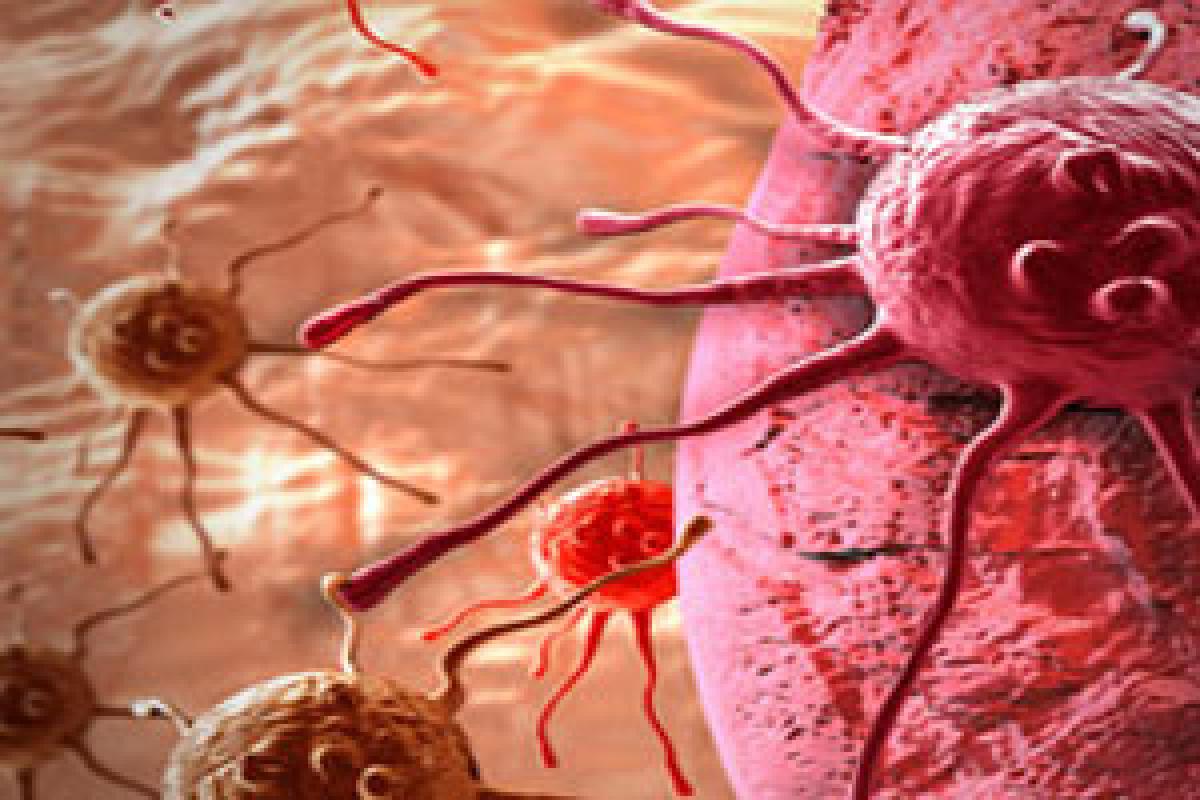Live
- Cops silence deafening noise of 100 bikes
- Guv inaugurates medical screening camp for Raj Bhavan staff
- Job fair for pharmacist roles tomorrow
- New ration cards to be issued in January
- Job mela at Masab Tank tomorrow
- New toilets facilitated for MPP school students
- Steps to safeguard natural springs gain momentum
- RWAs want officials to clear fog over SCB-GHMC merger
- Tanks, canals remain neglected despite execution of MGNREGS works
- BRS to celebrate Deeksha Diwas on Nov 29, Dec 9
Just In

An international team led by researchers from the Technion-Israel Institute of Technology’s Rappaport Faculty of Medicine and the Technion Integrated Cancer Center (TICC) has discovered a biological pathway that plays an important role in tumor development.
An international team led by researchers from the Technion-Israel Institute of Technology’s Rappaport Faculty of Medicine and the Technion Integrated Cancer Center (TICC) has discovered a biological pathway that plays an important role in tumor development. Published in Cell Reports, the findings could lead to cancer-fighting drugs that work by shortening the half-life of select cancer-promoting proteins known as oncoproteins.
As a rule, oncoproteins are short-lived, and play regulatory roles in “normal” (non-transformed) cells. But in cancer cells, they display enhanced stability, which gives cancer cells a longer life span. They also increase the aggressiveness of the cancer cells, which leads to tumor progression.
Led by Technion Associate Professor Amir Orian, the researchers found that RNF4 (a ubiquitin enzyme first detected in fruit flies, and later in human cancer cells) binds to these oncogenic proteins and provides them with a stabilizing structure. RNF4 itself is not an oncogenic protein, but oncogenic proteins and cancer cells are highly dependent on it.
“We have demonstrated that removing RNF4 leads to the death of the cancer cell, and hence the potential application of the discovery: the development of drugs that will inhibit the activity of RNF4 and significantly shorten the half-life of oncogenic proteins even in scenarios in which they are abnormally stabilized, thus indirectly eliminating the cancer cell,” said Prof. Orian.
The researchers found an increased level of RNF4 in 30% of patients with colon cancer, and a link between that increase and reduced life expectancy in a group of breast cancer patients. Preliminary results from their lab also support the notion that RNF4 has essential roles in other types of cancer.

© 2024 Hyderabad Media House Limited/The Hans India. All rights reserved. Powered by hocalwire.com







